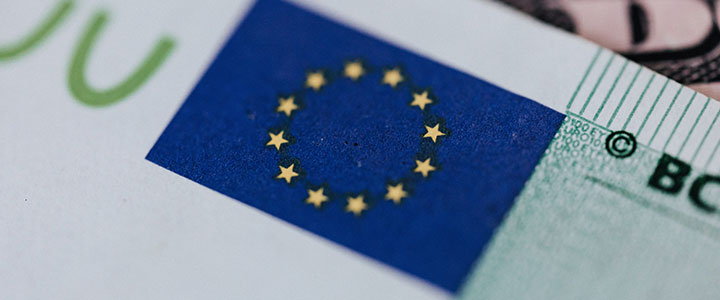A recent report by the United Nations Conference on Trade and Development (UNCTAD) warns of the disparities occurring in development of the data economy and, more specifically, in its application to an area of enormous potential, Artificial Intelligence (AI). The ‘Digital Economy Report 2021. Cross-border data flows and development: For whom the data flow’ details somewhat crudely a panorama that has been worrisome for the EADT since its beginnings: A China-US duopoly is being built, in which all the rest, and also Europe, of course, would be little more than just data providers.
Read moreArtificial Intelligence can’t be a China-US duopoly











